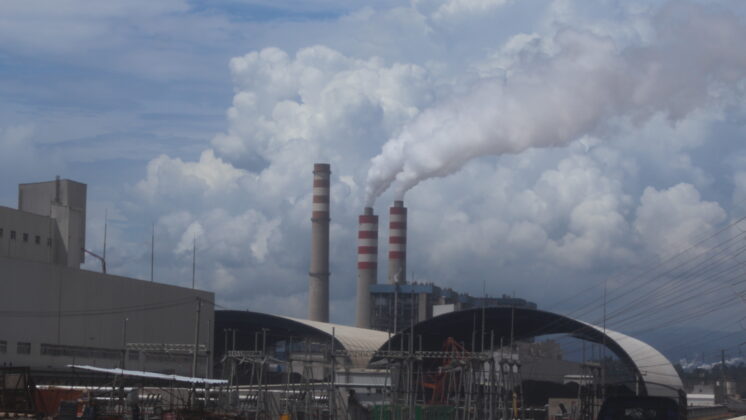Coinciding with the World Day for Decent Work, a new report published by the Electronics Watch Consortium has been released. The new report examines the complex production system of the ICT sector, maps extensively its key stakeholders and producer countries, and analyses the leverage of public buyers to change the abusive labour conditions in the industry.
Coinciding with the World Day for Decent Work, a new report published by the Electronics Watch Consortium has been released. The new report examines the complex production system of the ICT sector, maps extensively its key stakeholders and producer countries, and analyses the leverage of public buyers to change the abusive labour conditions in the industry.
Who are the leading ICT brands and contract manufacturers? In which countries do major brands and their suppliers operate? What are the most important labour issues in these countries? These are some of the questions addressed in the report "The ICT sector in the spotlight. Leverage of public procurement decisions on working conditions in the supply chain" published by the Electronics Watch Consortium and drafted by Weed, its German partner.
The report inspects ICT expenditure made by public purchasers and the products that they acquire the most, in order to provide insight into the leverage these organisations have, and to highlight its potential to improve the conditions of workers in the electronics sector. It concludes with a summary of the changes that European public bodies could contribute to, and of the structural reforms that should be applied.
Among its conclusions, the research determines that the big brands cannot shirk responsibility claiming that they have not signed any contract directly with subcontractors. "Short product life cycles, competition for low prices and the need for flexibility are all directly linked to low wages, overtime and temporary employment via labour agencies.”
Major public purchasers can play the roles of catalyst and multiplier by requiring that the supply chain of the ICT products they buy through tenders becomes more transparent and by urging the big brandsto take responsibility for their part.
Electronics Watch has developed an independent monitoring service for their public buyer members. Public bodies affiliated to this initiative will use common contract conditions to require ICT companies to comply with the labour standards of EW’s code of conduct. Electronics Watch collaborates with unions and labour rights groups in producer countries, not only to monitor working conditions at the factory level with expert local eyes and ears, but also to implement remediation programmes and promote sustainable improvements in labour conditions.
If you are a public buyer, affiliate now and take part in this pioneering initiative.











